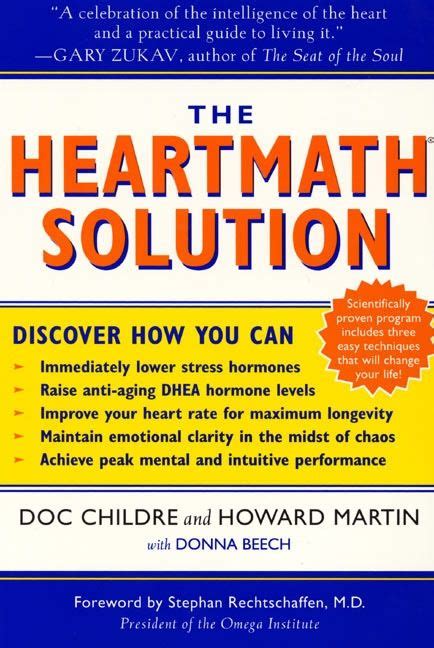A Quote by Dalai Lama
Hard times build determination and inner strength. Through them we can also come to appreciate the uselessness of anger. Instead of getting angry nurture a deep caring and respect for troublemakers because by creating such trying circumstances they provide us with invaluable opportunities to practice tolerance and patience.
Quote Topics
Related Quotes
Anger cannot be overcome by anger. If someone is angry with you, and you show anger in return, the result is a disaster. On the other hand, if you control your anger and show its opposite - love, compassion, tolerance and patience - not only will you remain peaceful, but the other person's anger will also diminish.
I try to stop myself from getting frustrated. I'm not a hundred percent successful, but I'm a thousand times better than I used to be. Anyone who's angry, nasty or rude is really offering a plea to be loved. I play a game with myself, trying to convert them from what I call low-energy emotions that drain us - frustration, irritation, anger and impatience - into high-energy emotions that sustain us - love, caring, kindness.
The cure is care. Caring for others is the practice of peace. Caring becomes as important as curing. Caring produces the cure, not the reverse. Caring about nuclear war and its victims is the beginning of a cure for our obsession with war. Peace does not comes through strength. Quite the opposite: Strength comes through peace. The practices of peace strengthen us for every vicissitude. . . . The task is immense!
All of the external circumstances and the rude and difficult people we meet, instead of getting angry, upset, or frustrated, we see that we can take them all and use them on the path in a way that actually invigorates and strengthens us, rather than defeats us. It's all very practical advice, and that's why I talk a lot about how to make our daily life into Dharma practice, otherwise it's easy to feel hopeless and helpless.
Being passed up by teams because of my size made me hungry. I've seen a lot of first-round guys who come in and never really do nothing because they may not appreciate the opportunity because everything has been given to them. I think guys who come from the bottom understand how hard it is, so they appreciate the opportunities more.
We've all felt anger. It can come when things don't turn out the way we want. It might be a reaction to something which is said of us or to us. We may experience it when people don't behave the way we want them to behave. Perhaps it comes when we have to wait for something longer than we expected. We might feel angry when others can't see things from our perspective. There seem to be countless possible reasons for anger….If we desire to have a proper spirit with us at all times, we must choose to refrain from becoming angry.
The antidote to hatred in the heart, the source of violence, is tolerance. Tolerance is an important virtue of bodhisattvas [enlightened heroes and heroines] - it enables you to refrain from reacting angrily to the harm inflicted on you by others. You could call this practice "inner disarmament," in that a well-developed tolerance makes you free from the compulsion to counterattack. For the same reason, we also call tolerance the "best armor," since it protects you from being conquered by hatred itself.
So if we can't express it or repress it, what do we do when we feel angry? The answer is to recognize the anger, but choose to respond to the situation differently. Easier said than done, right? Can you actually imagine trying to strong-arm your anger into another, more amicable feeling? It would never work. Determination alone won't work. It takes a new intelligence to understand and manage our emotions. By getting your head and heart in coherence and allowing the heart's intelligence to work for you, you can have a realistic chance of transforming your anger in a healthy way.
The Bible is full of God's promises to provide for us spiritually and materially, to never forsake us, to give us peace in times of difficult circumstances, to cause all circumstances to work together for our good, and finally to bring us safely home to glory. Not one of those promises is dependent upon our performance. They are all dependent on the grace of God given to us through Jesus Christ.



































